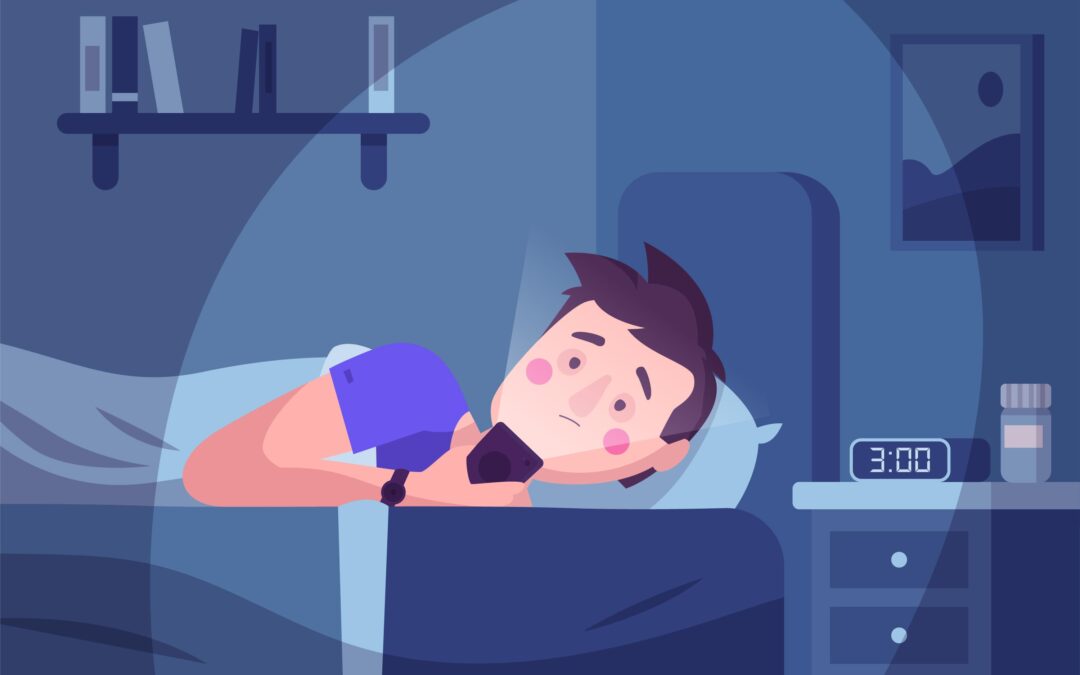We’ve all been there at one time or another. You toss and turn, you try to relax, but you just can’t get back to sleep. Before you know it, half the night is gone, and you’re still up. Although just about everyone experiences insomnia at one time or another, for many people, it’s a regular occurrence, one that interferes with every aspect of their waking life. Learning more about what causes insomnia can help you change your sleep patterns and get yourself back on track.
What Causes Insomnia?
Insomnia is a potentially disruptive sleep disorder in which you have trouble falling or staying asleep or do not get a good quality of rest when you do fall asleep. Insomnia, particularly if it is persistent, can have a strong negative effect on your life. It can prevent you from performing your best, affect your mood, and damage your relationships with the people around you.
While there is no exact consensus when it comes to what causes insomnia, there are several factors that are known to contribute. These include:
-
- Mental health conditions, such as anxiety, depression, or schizophrenia
- Physical health conditions, including chronic pain and heart conditions
- Poor sleep habits, such as keeping an irregular bedtime schedule or watching screens directly before sleep
- Lifestyle factors, including alcohol or caffeine use
- The taking of certain medications
- Eating too much at night
How You Can Fight Insomnia
Luckily, there are things you can do to combat insomnia. The most direct way to get better rest is to change your sleep habits. This may include going to bed and waking up at the same time every day, avoiding looking at screens or drinking caffeine and alcohol before bed, and relaxing before you settle in.
Since insomnia is often caused by mental or physical health conditions, these can be addressed as well. If you suffer from chronic pain or another physical condition, treating this issue can help with your sleep. Eating well and exercising are also excellent ways to improve your sleep. If you suffer from depression, anxiety, or another mental health condition, then seeking therapy or taking medication to treat this condition can help get at the underlying cause behind poor sleep.
Another option for people suffering from either mental health disorders, like depression or anxiety, or physical afflictions, such as chronic pain, is ketamine therapy. Ketamine is a safe and innovative treatment that has proven effective against a variety of mental health conditions, and is often a great option for physical pain as well.
Contact Bluewater Psychiatry
If you have any questions about insomnia or about how ketamine can help with your sleep habits, do not hesitate to contact Bluewater Psychiatry. Fill out the form below and start on your journey to a good night’s sleep today.

